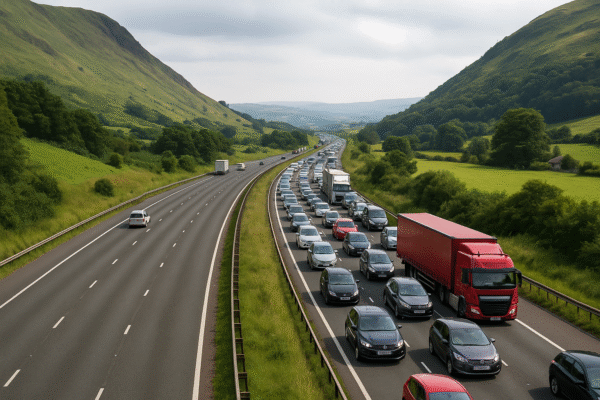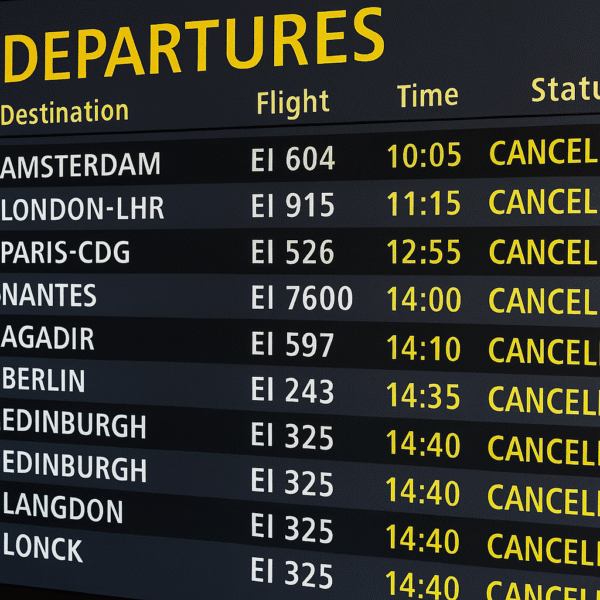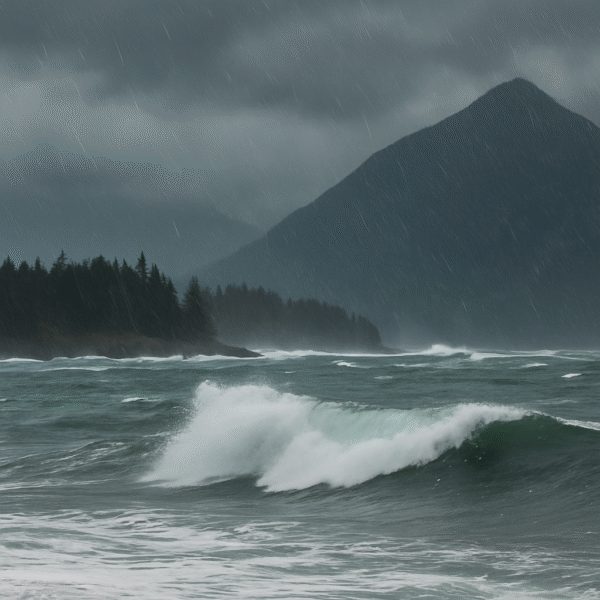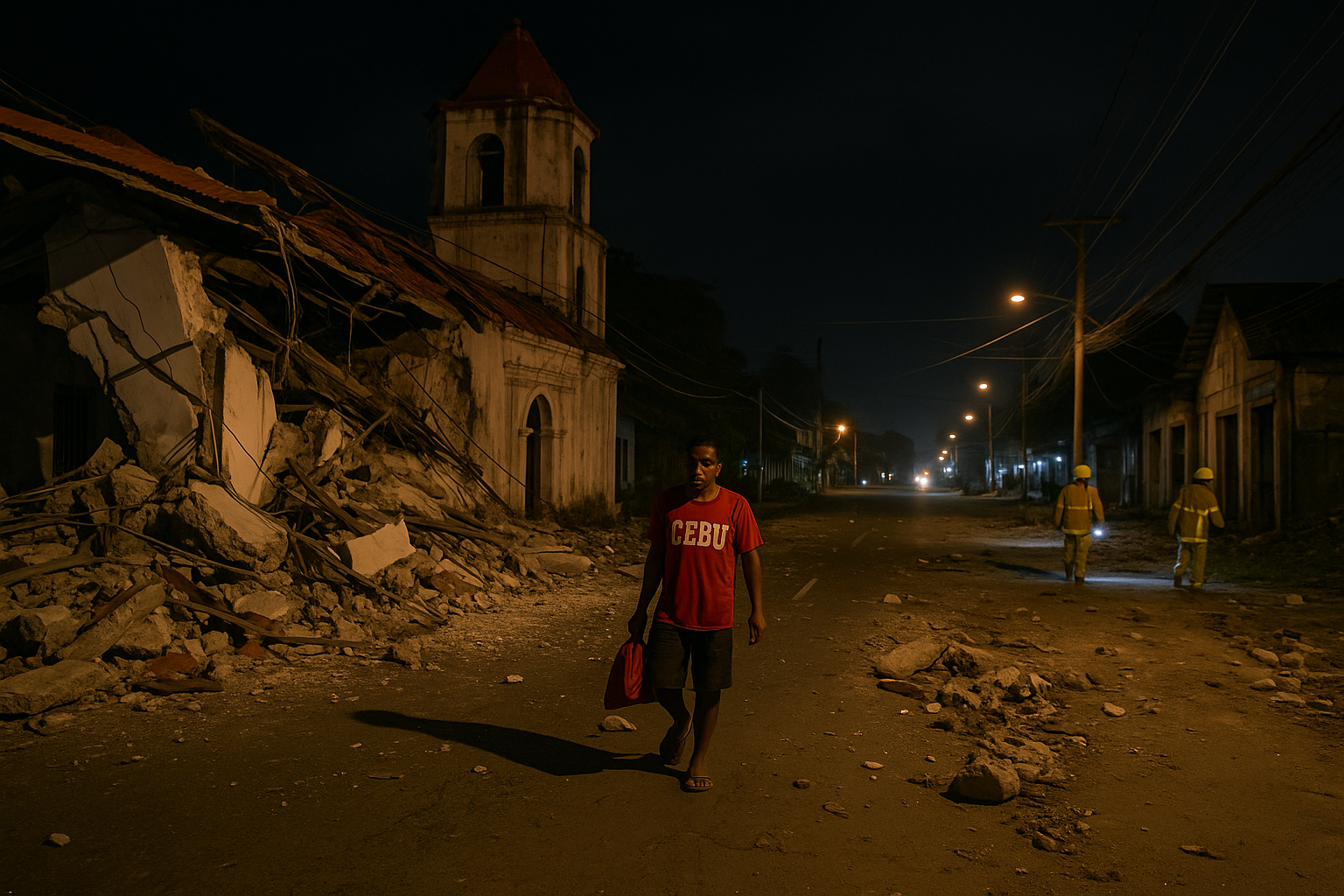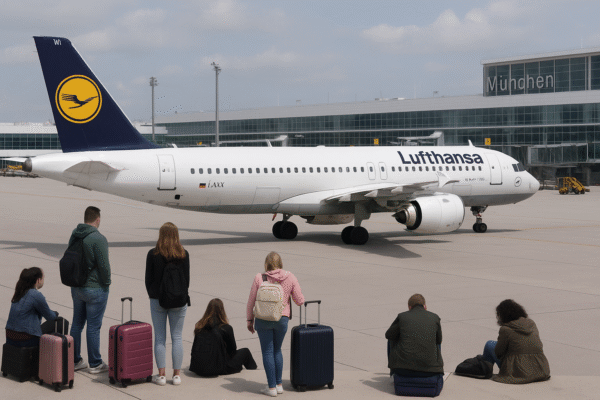June 2025 – Ottawa, Canada / Washington, D.C.
As Canada battles one of the worst wildfire seasons in its recorded history, the United States has issued an updated travel advisory urging tourists to exercise increased caution when visiting affected Canadian provinces. The scale and intensity of the blazes have already scorched an estimated 3.87 million hectares—an area nearly three times the size typically burned by mid-June and roughly equivalent to the size of Switzerland.
This alarming milestone has prompted governments and tourism boards across North America to reassess safety protocols, travel recommendations, and outdoor tourism experiences as entire communities evacuate and air quality levels reach hazardous levels.
Wildfire Season 2025: Canada’s Worst Yet
According to Natural Resources Canada, more than 2,000 active wildfires were burning nationwide as of mid-June. While wildfire season is not new to Canada, this year’s outbreak has been marked by unprecedented speed, intensity, and spread, impacting a broad geographic swath from British Columbia and Alberta to Quebec and Ontario.
Firefighters across the country have described this year’s events as “unlike anything they’ve ever seen.” Drought conditions, combined with unusually high temperatures and strong winds, have accelerated the spread of fires, catching even seasoned emergency responders off guard.
Emergency crews, many flown in from Australia, the U.S., and Europe, are working around the clock to contain the flames and protect major urban centers and tourism corridors.
U.S. Travel Warning: What Tourists Should Know
The U.S. Department of State has updated its Level 2: Exercise Increased Caution advisory for travelers visiting Canada. While Canada remains a safe and stable destination overall, the advisory urges caution for those planning to visit affected provinces or engage in outdoor recreational activities, such as hiking, camping, and backcountry travel.
Travelers are advised to:
- Monitor local wildfire alerts from Canadian Interagency Forest Fire Centre (CIFFC)
- Download the WeatherCAN app for real-time emergency updates
- Check air quality indexes (AQI) in destinations like Vancouver, Calgary, Toronto, and Montreal
- Avoid non-essential travel to evacuation zones or regions with ongoing fire suppression activities
- Follow instructions from local authorities and evacuation orders promptly
In addition to smoke-related health concerns, visitors should anticipate park closures, road shutdowns, flight delays, and limited access to wilderness areas in provinces such as British Columbia, Alberta, and the Yukon.
For more travel news like this, keep reading Global Travel Wire




